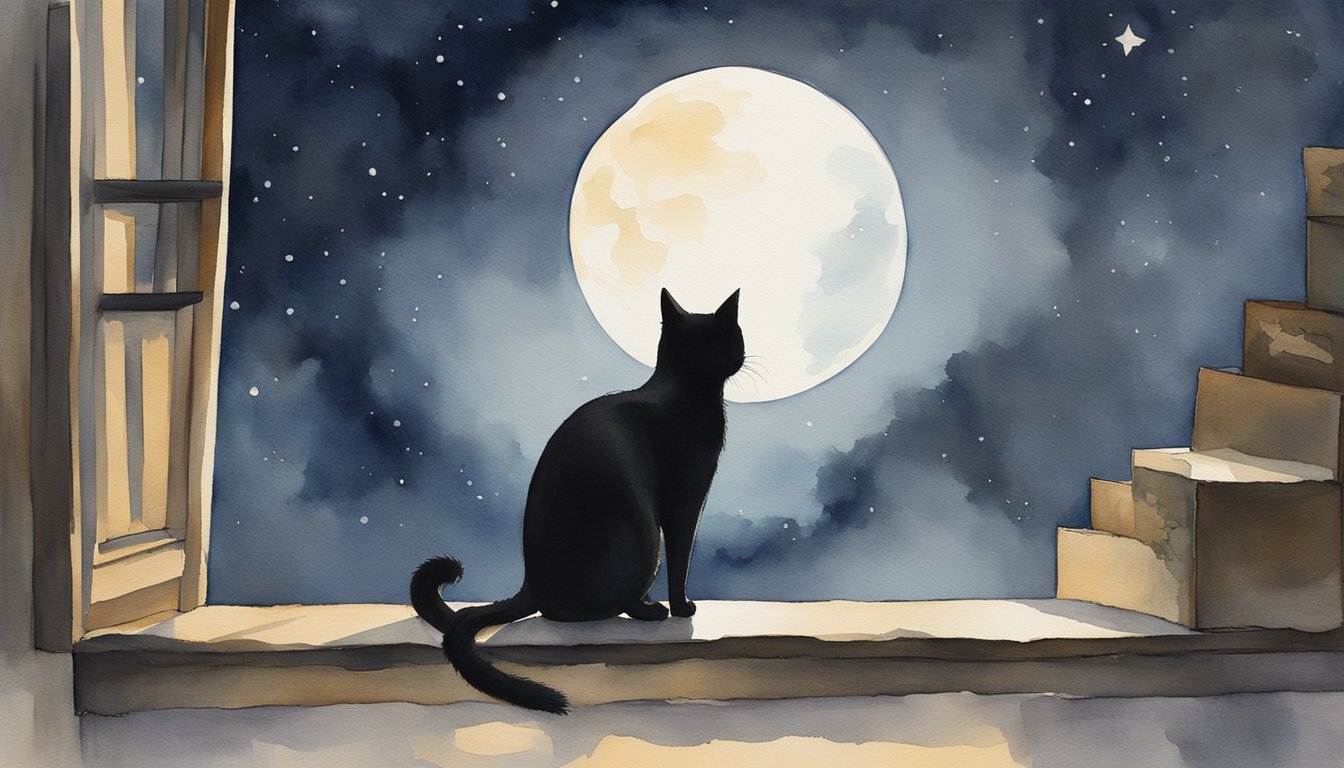Origins and Historical Significance
The fear surrounding Friday the 13th has roots that intertwine with ancient myths, religious narratives, and medieval history. Unpacking these origins reveals a tapestry of beliefs and incidents that have shaped the superstitions tied to this date.
Biblical and Christian Background
In Christian tradition, Friday has long been considered an unlucky day due to its association with the Crucifixion of Jesus, which is believed to have taken place on a Friday. The number 13 is often linked to the Last Supper, where Jesus dined with his 12 disciples, and Judas Iscariot, the disciple who betrayed him, is traditionally thought to have been the 13th guest to sit at the table.
Norse Mythology and Legends
Norse legends offer another lens, with stories such as the banquet in Valhalla where 12 gods were invited, and Loki, the trickster god not on the guest list, made an uninvited appearance as the 13th guest. His mischiefs led to the death of the beloved god Balder, which brought darkness and mourning. The goddess Frigg, associated with love and fertility, is another figure whose name contributed to the term Friggatriskaidekaphobia, the fear of Friday the 13th.
Medieval Times and the Knights Templar
The narrative jumps to medieval times, with a particularly noteworthy event occurring on Friday, October 13, 1307. On this day, King Philip IV of France ordered the arrest of the Knights Templar, a powerful religious and military group. The Templars were charged with numerous offenses, tortured, and many were subsequently executed, which contributed to the superstitions around the date. This event has been cited in Geoffrey Chaucer’s “The Canterbury Tales” as an allegory for calamitous journeys and is often connected to notions of cursed fate and misfortune on Friday the 13th.
Superstitions, Phobias, and Modern Beliefs

The date of Friday the 13th carries with it a complex tapestry of superstitions and fears, influencing societal behaviors and business operations. This exploration digs into cultural beliefs, the psychological roots behind the phobias, and how these translate into modern-day impacts. Many people avoid travel, delay important decisions, or even change their routines due to the anxiety associated with this day. The fear surrounding Friday the 13th can be linked to a broader historical context, much like the 1619 meaning and historical impact, which highlights how past events continue to shape societal perceptions and behaviors. Understanding these deep-rooted fears helps researchers and psychologists explore the ways cultural narratives influence human psychology.
Cultural Perceptions and Superstitions
The wariness of Friday the 13th is a phenomenon deeply rooted in Western Culture, with influences stemming from Norse Myth and Biblical Tradition. For instance, it is speculated that the fear could be linked to the story of the Last Supper, where there were 13 individuals present, the 13th guest being Judas who betrayed Jesus. The combination of Friday, the day of Jesus’s crucifixion, and the number 13 has resulted in a lasting belief in the day as a harbinger of misfortune. In contrast, in countries like Italy, the number 13 is considered lucky, while Friday the 17th is traditionally feared.
Psychology of Phobias and Fear
Phobias such as triskaidekaphobia, the fear of the number 13, and paraskevidekatriaphobia, the fear of Friday the 13th, exemplify the psychological manifestation of these superstitions. Research from the University of Delaware suggests that these fears can become deeply ingrained in an individual’s psyche, potentially influencing behavior and decision-making processes. The anxiety surrounding this day is so extensive that it can cause some people to avoid their normal routines or even stay home to avoid potential bad luck.
Impact on Society and Business
Superstitions around Friday the 13th produce tangible effects on society, with some businesses experiencing absent staff or superstitious customers. In fact, it is estimated that in the United States, up to $900 million is lost in business on this day. Moreover, this apprehension has influenced architecture and design, with many high-rise buildings omitting the 13th floor from their floor numbering, and some hotels skip number 13 when numbering rooms. This avoidance showcases the deep-rooted nature of the superstition, extending beyond personal belief into collective action on a grand scale.

